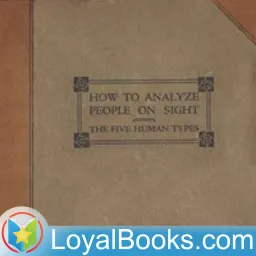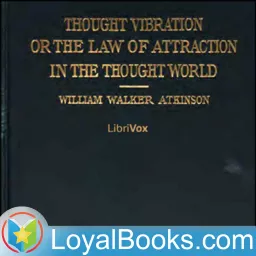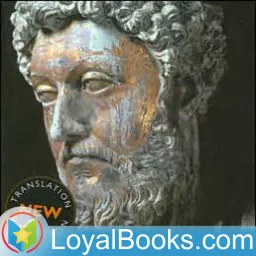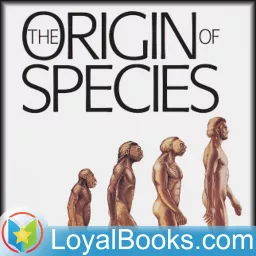The Mind and the Brain by Alfred Binet
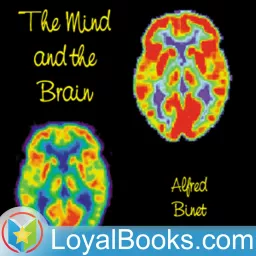
Today, almost every layperson understands the concept of intelligence tests and can glibly discuss IQ scores. In fact, these have become so common in the popular imagination that magazines, websites and pop quizzes offer to assess your intelligence at the drop of a hat! In this scenario, it's interesting to recall the very first person who proposed the concept of measurable intelligence. Alfred Binet was basically a clinical psychologist whose wide-ranging interests in learning difficulties faced by school children prompted him to undertake extensive studies in human cognition, psychology, learning and behavior. Though he initially trained to become a lawyer, he moved to medicine and then into a largely self-taught area of psychology, which arose from his keen interest in human beings. His work also further evolved into deeply philosophical and spiritual areas of life. The Mind and The Brain was published in 1907, a few years after Alfred Binet began working on his famous intelligence scale in collaboration with his assistant Theodore Simon. In 1899, Binet took up the task of studying the relationship between education, the child and human psychology by the French government. The country had taken huge steps in progressive ideas about education and made it compulsory for every child to attend school between the ages of six and fourteen. It was noticed that many children were unable to cope with the normal curriculum and Binet and his committee began to work on creating a special curriculum for them so that their special needs could be addressed. Tests and experiments were conducted and the first Binet-Simon scale for measuring intelligence was created in 1905. Given this background, The Mind and The Brain attempts to answer questions about the Mind or the internal world of the human being, and Matter or the external environment around us. How we view, experience, internalize and symbolize objects and other people is one of the fundamental ideas explored here. Binet attempts to define what is knowledge, what is knowable and how we classify objects in the external world. The only way we experience the external world is through our sensations, and these can be notoriously erroneous. Emotions, the consciousness, spiritualism, idealism and materialism and the modern theories associated with these are the subjects tackled by Alfred Binet. The philosophical nature of the book and the concepts expounded in it make it both an interesting and important book for any reader who seeks to know the relationship between the Self and the Other.






